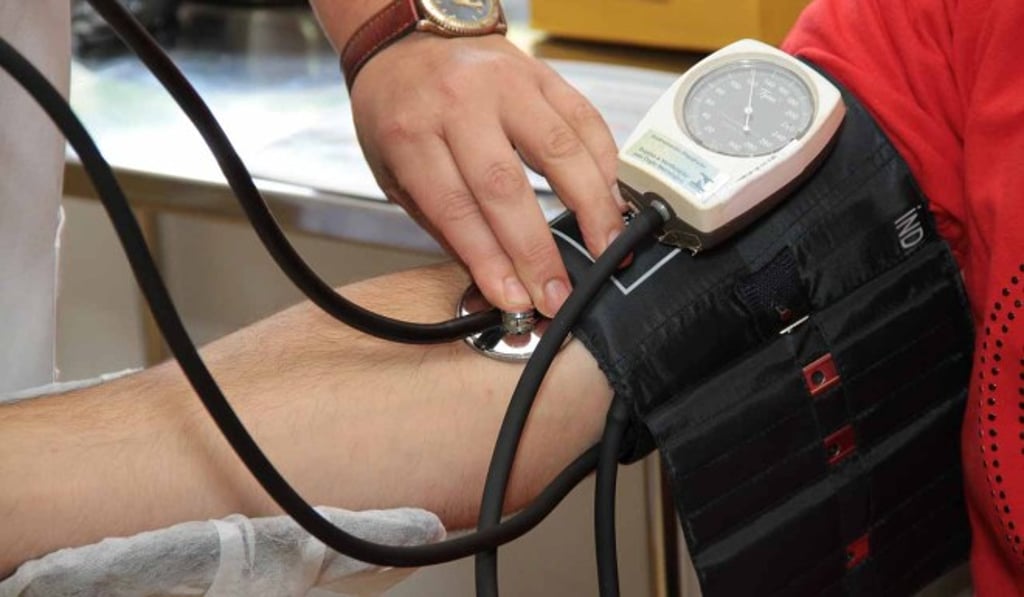Dealing with heart failure: Causes, misunderstandings and how to treat it

Heart failure is a syndrome caused by other chronic heart diseases. It happens when the heart is unable to pump enough blood to meet the body’s needs. One to two percent of the world’s population experiences some form of heart failure. However, the figure in Hong Kong is likely higher due to an ageing population.
There are two main types of heart failures. Systolic heart failure occurs when the left ventricle of the heart, which pumps most of the blood, has become weak or gotten larger so that it cannot contract properly. Hence there is not enough force to pump blood throughout the body. Diastolic heart failure, on the other hand, is a condition where the left ventricle has become stiffer than normal. The heart cannot relax completely as it pumps, so that not enough blood is being filled up and less blood is pumped out to the body.

The reasons for heart failure can be very complex. Coronary artery diseases, high blood pressure, heart valve problems and genetics are common causes. Alcoholism is known to cause cardiomyopathy, an enlarged heart, which in turn can lead to heart failures. Other factors such as age, diet and a sedentary lifestyle can obviously give rise to a multitude of heart problems that might trigger heart failures.
According to Dr Henry Kok, Specialist in Cardiology, Hong Kong Adventist Hospital, patients are advised to seek immediate medical advice if they detect symptoms including leg swelling, tiredness, change in effort tolerance, and shortness of breath. In severe cases or later stages, patients may experience heart palpitations and even loss of consciousness.

“Sometimes fluid buildup can be overlooked as a symptom for heart failure. The heart, liver and kidney are the three major organs that can cause fluid overload (generated body swelling) but since the organs are all interconnected and the heart is responsible for pumping blood to the rest of the body, it is likely the cause for fluid build-up in the lung and legs,” explained Dr Kok.
Fluid accumulating in the legs can be characterised by “pitting swelling” which makes a dent when you apply pressure on it. The swelling is also gravitational so it gets worse over the course of a day. Dr Kok said: “This is a symptom that you can observe in others. A patient with heart failure came to me because her daughter saw her swollen feet before she could feel anything herself.”
Diagnosis is usually done via an echo-cardiogram, MRI and blood tests which are very effective in determining heart failures. Sometimes a coronary angiogram is performed to see if any blood vessels are blocked. Ejection fraction (EF), which refers to how well the heart pumps blood with each heart beat, is a useful indicator. “Normally we use 55% as the benchmark for EF to determine if the heart's pumping ability is normal, but other factors need to be considered such as the relaxation action of the heart,” said Dr Kok.

There are pharmacological and non pharmacological treatments for heart failures. Due to the varied nature of the condition, there are many kinds of medications that doctors might prescribe. Angiotensin Converting Enzyme (ACE) inhibitors and Angiotensin II receptor blockers (ARB) are traditional drugs used to treat high blood pressure, while Beta-blockers can slow the progression of systolic heart failure. Diuretics are also prescribed to increase the excretion of water.
Alternatively, Angiotensin Receptor Neprilysin Inhibitor (ARNI) is a new class of effective drugs that can replace traditional ACE inhibitors or ARB, as suggested in the American College of Cardiology and American Heart Association’s joint guideline for heart failure. It is found to be effective in treating very symptomatic patients.
Non pharmacological interventions include inserting a cardiac resynchronisation therapy device to improve the pumping of the heart as well as heart bypass surgery.
“Most patients need multiple medications because there are multiple organs involved and different drugs tackle different issues. Since we’re talking about long-term use, there would be side effects, such as a slowing heart rate, that need to be monitored by a doctor. It can’t be stressed enough that no patients should self medicate or alter their medications on their own.”
“Some patients like to recommend their drugs to one another because they find them effective. But it simply does not work that way because heart failure is a complex condition that differs from one person to the next. There isn’t a one cure for all,” explained Dr Kok.